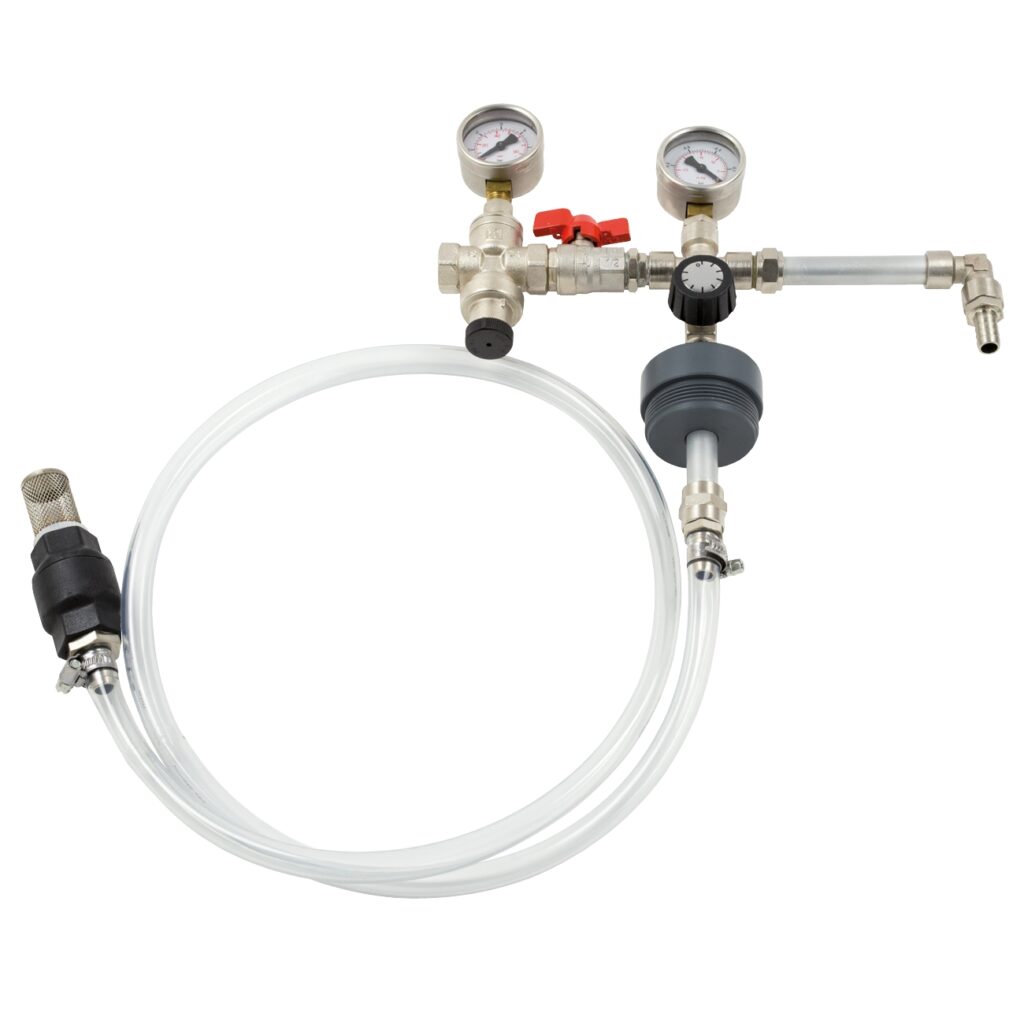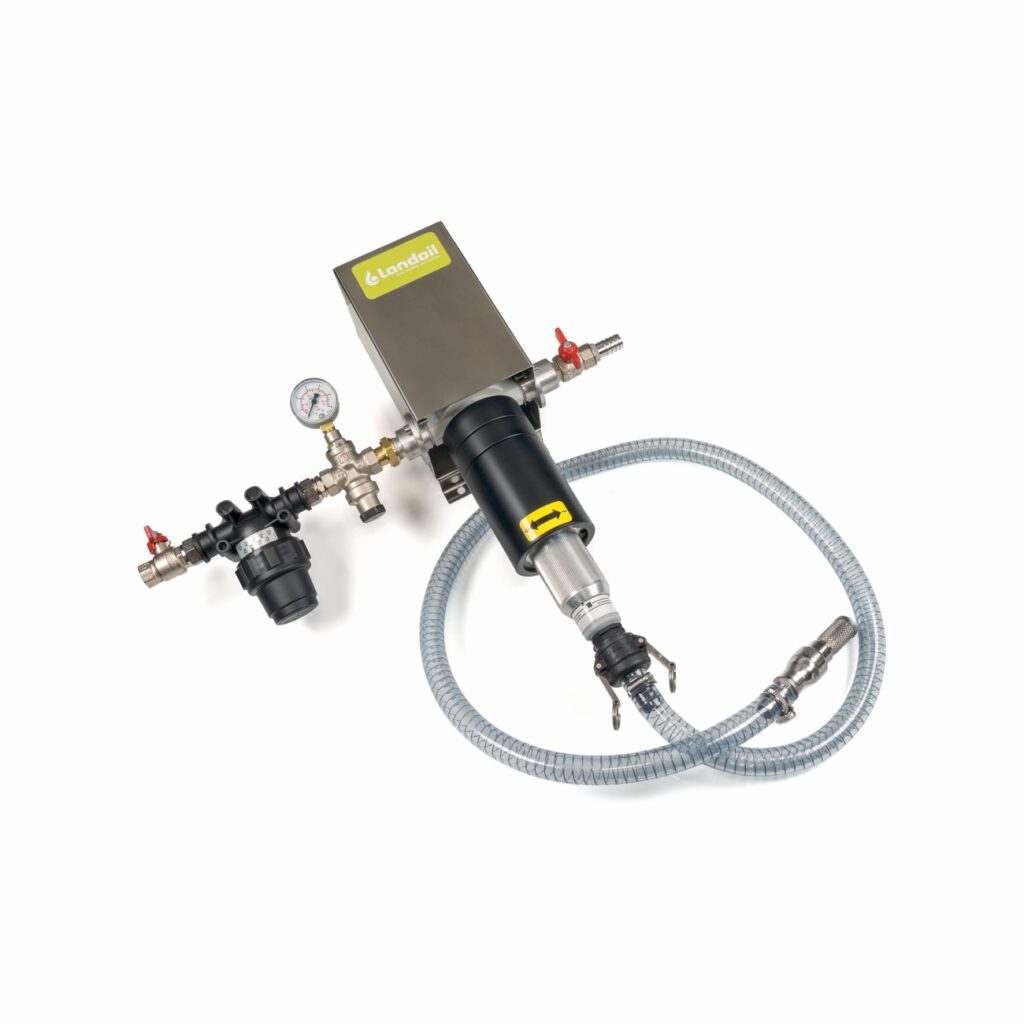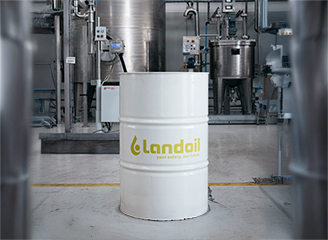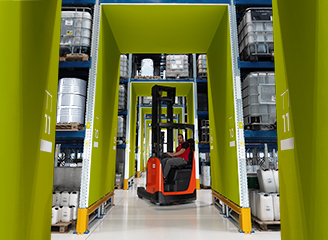Mixers
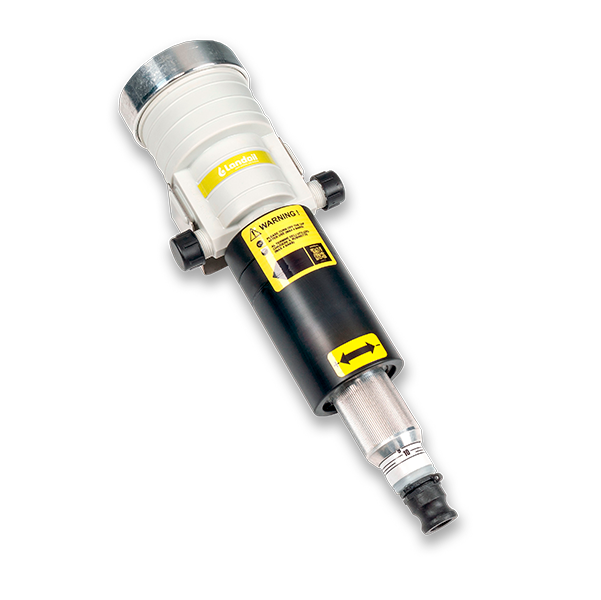
Industrial mixers are a crucial element in the machine shop landscape, where precision and efficiency are key to ensuring the quality of the end product. Read more
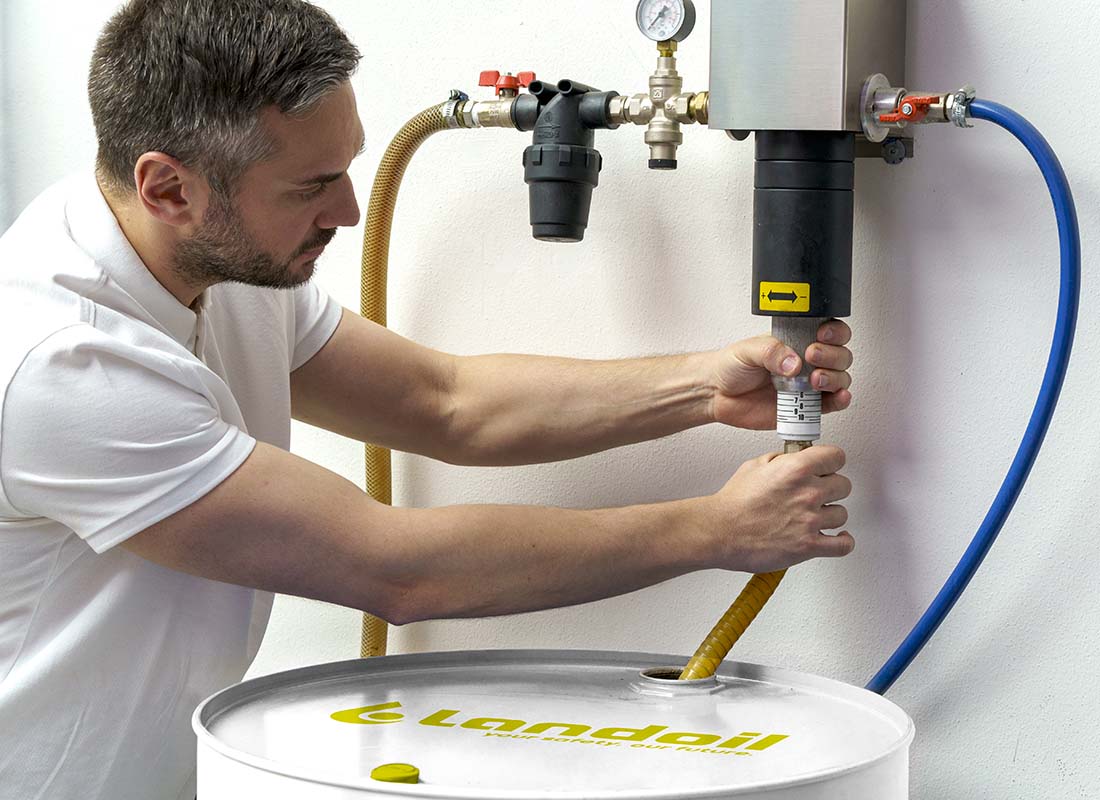
Industrial mixers are devices designed to homogenously combine various types of liquids.
Thanks to their precision and versatility, they guarantee an excellent quality of the final mixture, optimising production processes and reducing waste and processing time.
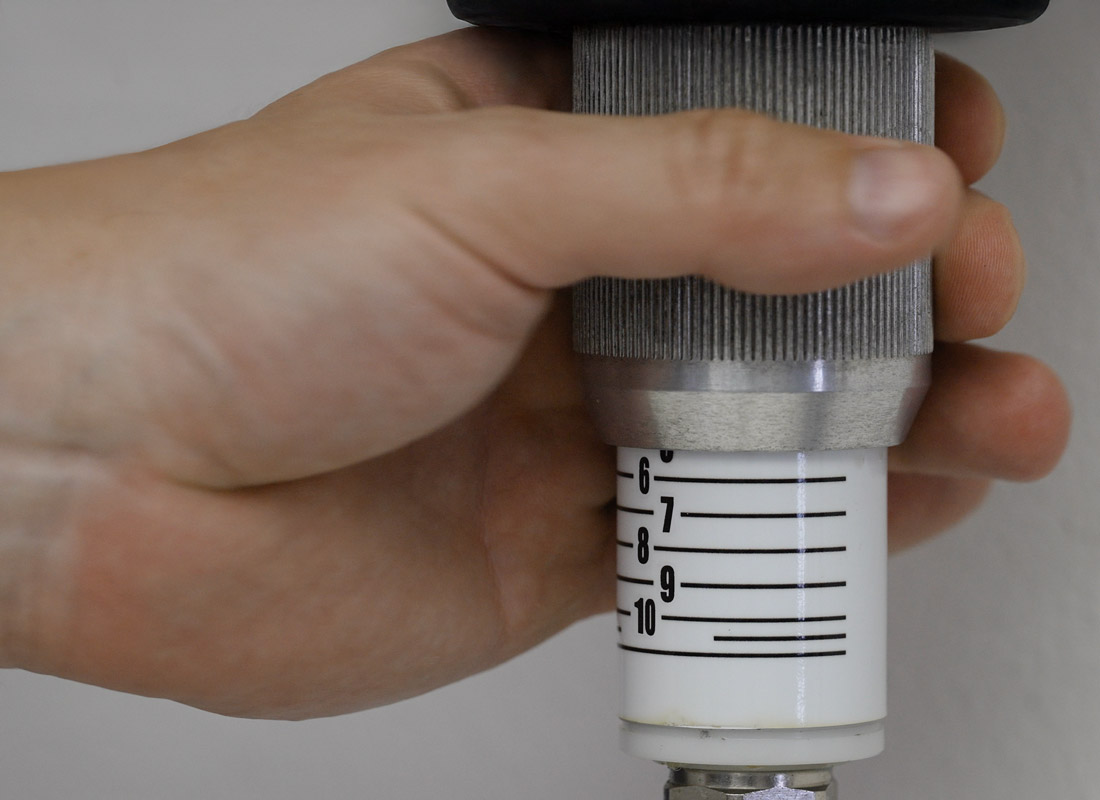
The use of industrial mixers enables uniform mixing even in the presence of viscous materials.
These tools are essential in sectors such as chemicals, food and cosmetics, improving process efficiency and ensuring compliance with safety and quality standards in production cycles.
These tools, often underestimated, play an essential role in ensuring that materials are mixed uniformly, thus helping to improve product quality and optimise production processes.
The importance of mixers in machine shops
In the context of machine shops, mixers are used to combine different materials, which may include powders, liquids or a combination of both. The ability to achieve a homogenous mixture is crucial to ensure that the properties of the final material are uniform and meet the required specifications. This is particularly important in industries such as automotive, aerospace and electronics manufacturing, where even the slightest variation in material properties can have significant consequences.
Types of mixers and their applications
There are different types of mixers, each designed for specific applications and material types. The most common include belt mixers, planetary mixers and drum mixers. Belt mixers are ideal for dry and dusty materials due to their ability to handle large volumes of material efficiently. Planetary mixers, on the other hand, are perfect for viscous and pasty materials, thanks to their three-dimensional movement that ensures uniform mixing. Finally, drum mixers are often used for granular materials and offer excellent mixing capacity due to their rotary motion.
Benefits of using industrial mixers
The adoption of industrial mixers in machine shops offers numerous advantages. First of all, they improve the efficiency of the production process by reducing the time needed to obtain a homogenous mixture. This translates into higher productivity and reduced operating costs. Furthermore, industrial mixers help to improve the quality of the final product, ensuring that the material properties are uniform and meet the required specifications. Finally, the use of industrial mixers can help reduce material waste, thanks to their ability to mix materials efficiently and without losses.
How to choose the right mixer for your workshop
Choosing the right mixer depends on several factors, including the type of material to be mixed, the production volume and the specific needs of the workshop. It is important to consider the viscosity of the material, the load capacity of the mixer and the mixing speed. In addition, it is crucial to assess the ease of cleaning and maintenance of the mixer, as these factors can significantly affect operational efficiency and long-term costs.
Frequently asked questions about industrial mixers
1. What is the difference between a belt mixer and a planetary mixer?
Belt mixers are ideal for dry and powdery materials, while planetary mixers are designed for viscous and pasty materials. The choice between the two depends on the type of material to be mixed and the specific needs of the workshop.
2. How can I improve the efficiency of my industrial mixer?
To improve the efficiency of your mixer, it is important to ensure that it is correctly sized for your production volume and that it is maintained in good condition. Regular cleaning and preventive maintenance can help ensure optimal operation.
3. What are the main advantages of using industrial mixers?
The main benefits include increased production efficiency, improved quality of the end product and reduced material waste. In addition, industrial mixers can help reduce operating costs due to their ability to mix materials efficiently.
Conclusions
Industrial mixers are essential tools in machine shops, where precision and efficiency are crucial to ensure the quality of the end product. Choosing the right mixer and maintaining it correctly can help improve production efficiency, reduce operating costs and ensure that the properties of the final material are uniform and meet the required specifications. Investing in high-quality mixers and maintaining them in good condition is a winning strategy for any machine shop wishing to remain competitive in today's market.
